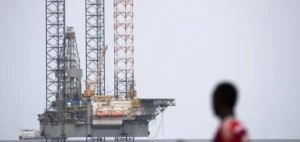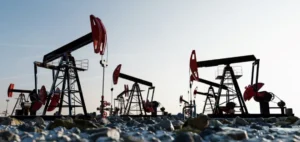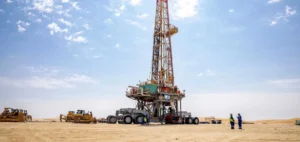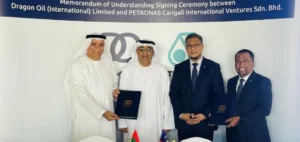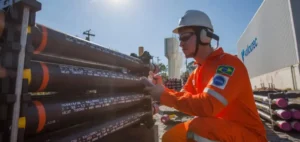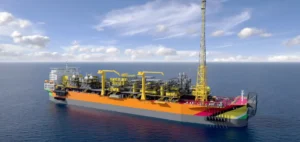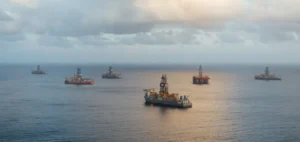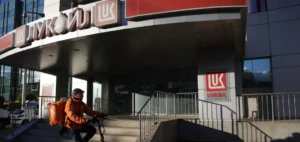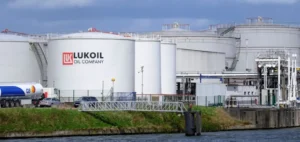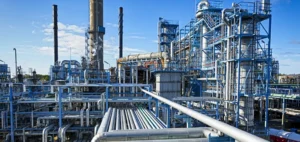TotalEnergies signs an E&P contract in Oman. The Sultanate plans to drill a new exploration well in 2023 in collaboration with TotalEnergies. The Ministry of Energy and Minerals of the Sultanate of Oman has given its permission for the company to start its activities on its territory, in Block 11. Block 11 is located in the west of the country, near the border with Saudi Arabia.
24,000 b/d by 2023 for TotalEnergies
The E&P agreement signed by TotalEnergies defines the share of participation of each of its partners. The company will have a 22.5% stake, its partners Shell 67.5% and OQ 10%.
Laurent Vivier, Vice President Middle East and North Africa at TotalEnergies, said:
“Our recent activities in Oman are a demonstration of TotalEnergies’ strategy to transform into a multi-energy company. Today’s entry into Block 11 gives us the opportunity to unlock additional potential to meet domestic and export gas demand. It reinforces our strategic relationship with Oman, illustrated last December by our entry into the gas concession next to Block 10 and the start of construction last July of 17 MW peak solar photovoltaic systems to power a desalination plant.”
TotalEnergies is a giant, world-class French multinational company. It specializes in the exploitation, production and distribution of energy of fossil origin but also, increasingly, renewable.
TotalEnergies is therefore banking on diversified production in its sources of supply. Oman produced, in 2018, 0.9% of the world’s oil production. It is therefore a logical partnership for TotalEnergies.
The company already has activities on Block 10 and Block 12 where it participates at 80%. This contract will enable TotalEnergies to produce nearly 24,000 additional barrels per day by 2023.
Oman has launched its Oman Vision 2040 plan, which sets out the country’s economic objectives. The country’s economy is still based on more than 70% of oil and gas. The Ukrainian crisis has made the Middle East region appear vital for global supply. However, unlike most other regions of the world, it is still hesitant in the renewable market and in its energy transition.




